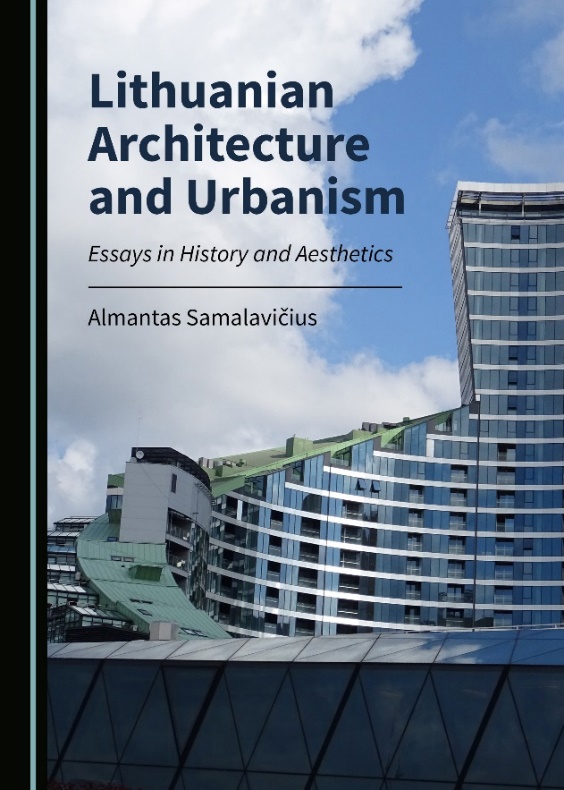Lithuanian Architecture and Urbanism
Almantas Samalavičius

Abstract
This volume brings together essays focused on Lithuania’s architectural and urban legacy, as well as recent developments since 1990, when the country said a firm farewell to the era of dependence and the Soviet communist regime. Nevertheless, as the book argues, the legacy of the past still dominates due to an uncritical adoption of Modernist dogmas in architecture and urban design by architects and urban designers during the last two decades of Soviet colonization.
It offers a critical overview of urban developments during the last three decades which were marked by the emergence of private capital, the market economy and the growth of the real estate sector. The rapid expansion of the building industry brought new challenges to architects and urban designers, and more often than not they fell prey to the new ideology of economism, commodification and commercialism. These developments are reflected in the urban tissue and aesthetics, as well as in the present shape of urban public spaces, in Lithuania’s capital Vilnius and other large cities. The book will be useful to architectural and cultural historians, as well as to critics interested in current developments and historical trends in eastern Europe and Baltic urban and architectural developments.
Samalavičius, Almantas, Lithuanian Architecture and Urbanism. Newcastle upon Tyne: Cambridge Scholars, 2019. https://www.cambridgescholars.com/product/978-1-5275-2228-2


